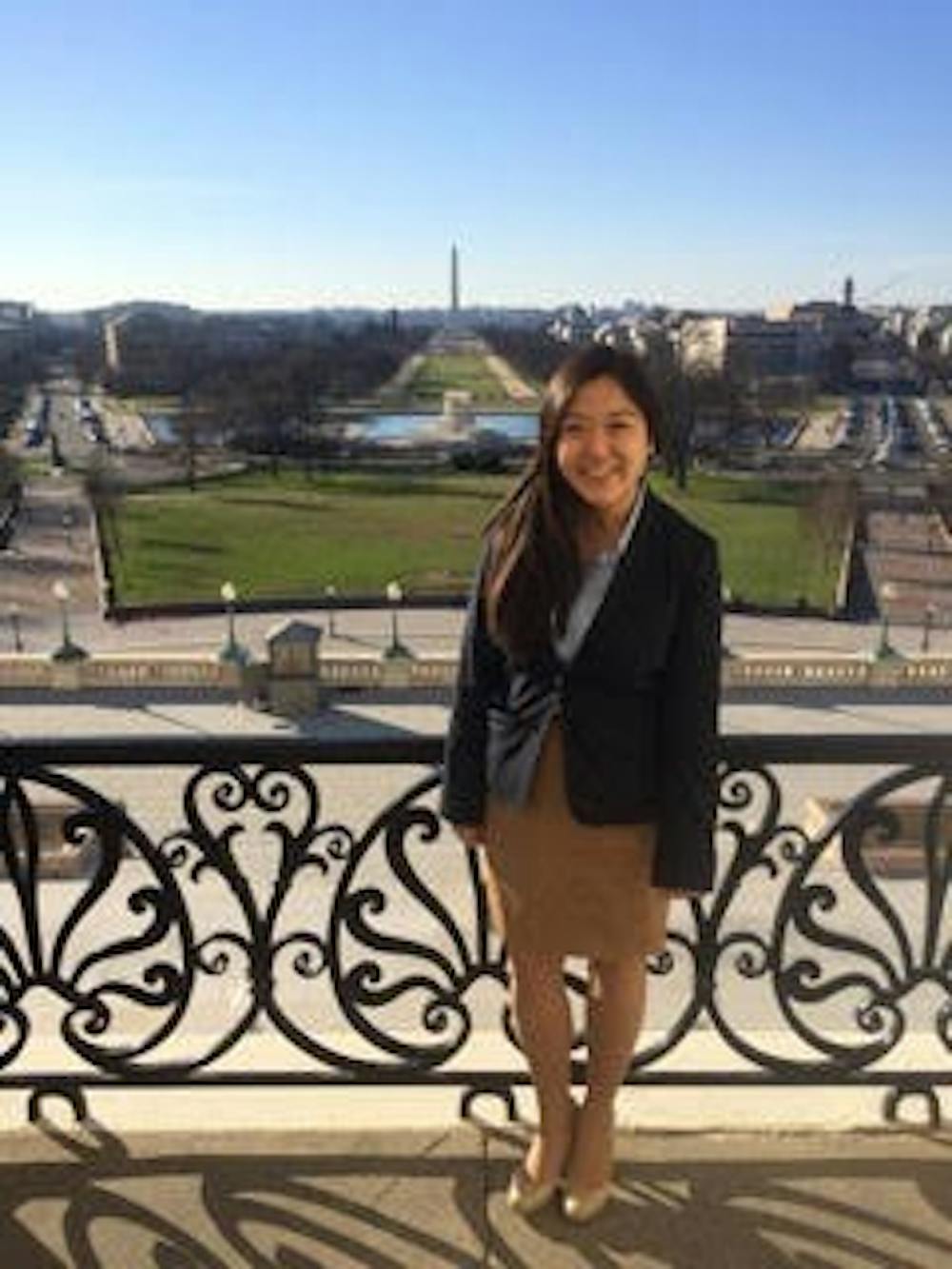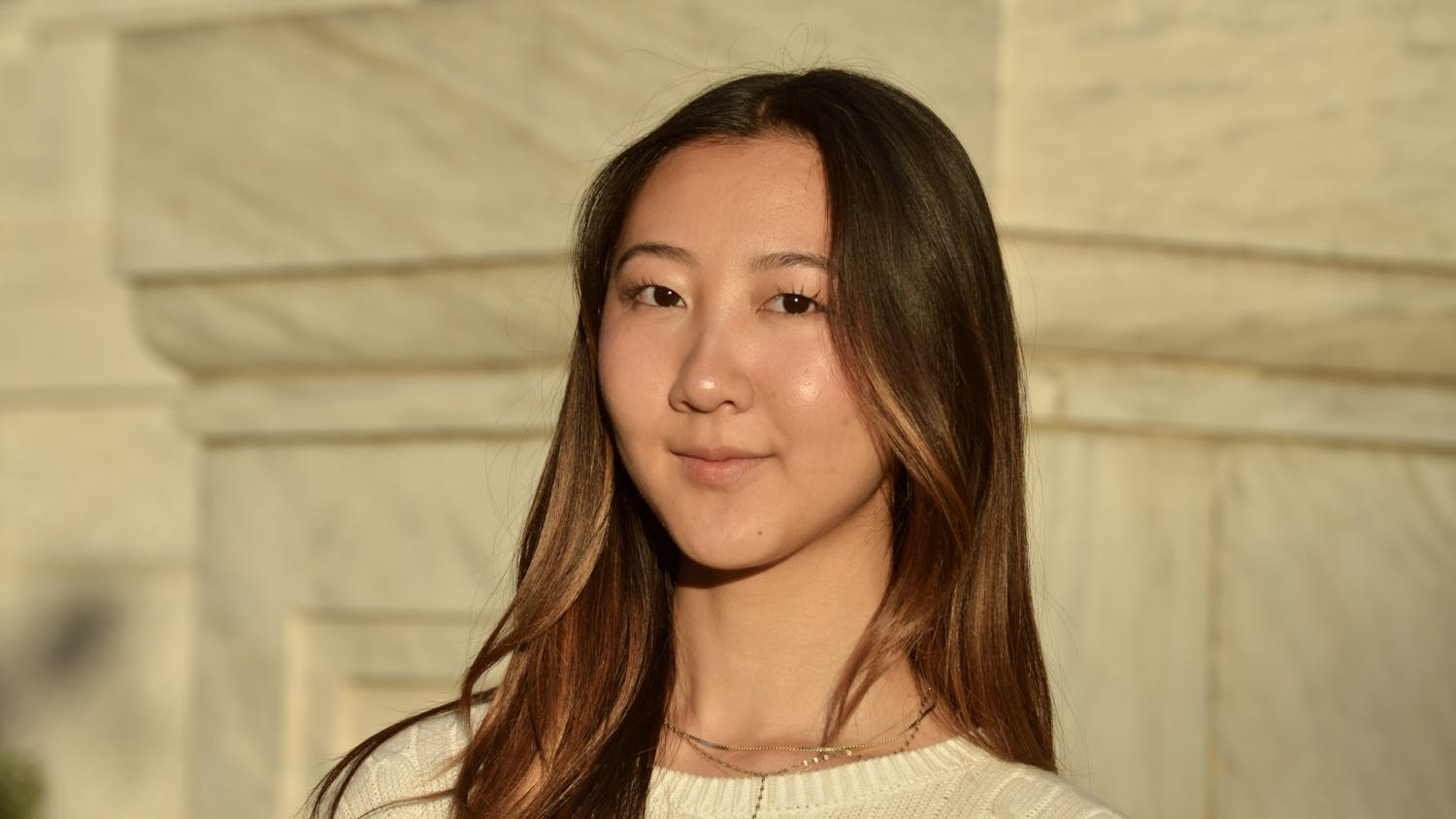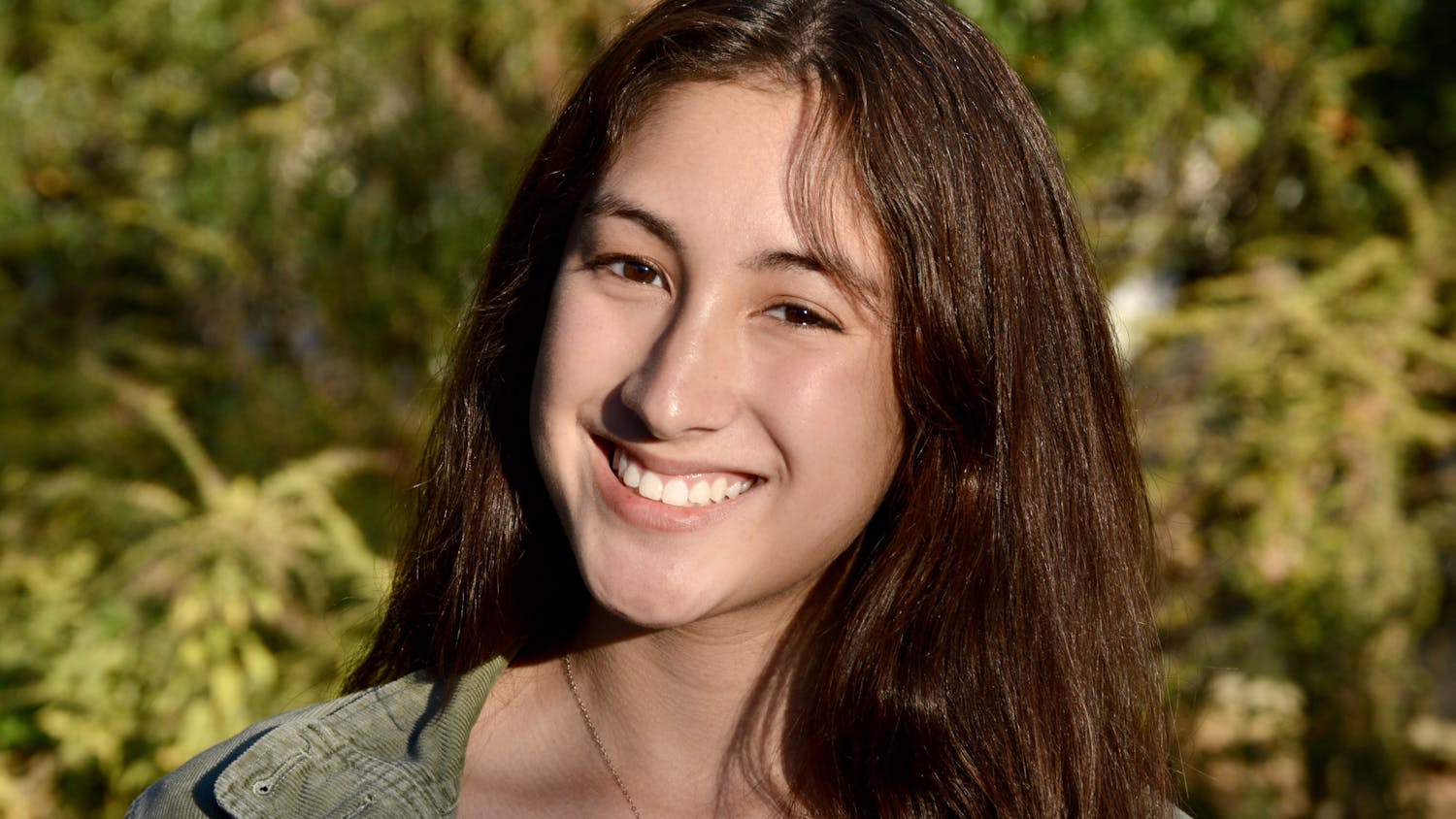Recently, there has been a lot of rancor surrounding an incident that occurred at the Cincinnati Zoo.
I’m sure that without mentioning any more information, many of you know exactly what I’m talking about. On May 28, the news was bombarded with stories about a child escaping the care of his mother and crawling into the enclosure of a gorilla with whom he had a ten minute interaction. In addition to the gorilla-saturated news, it was extremely difficult to even browse your favorite social media sites without seeing videos of the incident. Specifically, hashtags in condemnation of the zoo’s actions on Twitter and Facebook, such as “#RIPHarambe,” became rampant.
Immediately after the incident, many of the posts and tweets that I saw mourned the “unnecessary” loss of the gorilla’s life. The many news stories crowding my daily scroll through social media revealed that two camps were forming: those who found the zoo’s actions to be wrong and those who believed the zoo had done the right thing. A boisterous few found the zoo’s actions deplorable and presented different solutions or no solution at all, while others, myself included, saw this situation as a potential tragedy being smartly avoided by the zoo administration.
However, through these past two weeks of chatter about what the zoo should have done or what legal repercussions the mother of the child should face for being “negligent,” no one has brought up the fact that this incident sheds light on a deeper problem that has spread like a virus throughout our society. We have devalued human life to a point where a popular reaction to this zoo incident was that the gorilla should not have been harmed and instead the child should have been left to the dangerous animal’s devices. Let me be very clear about one thing: the gorilla had to die. Perhaps the mother should have been a tad more vigilant about her childcare. Perhaps the zoo’s security should have been more extensive. Perhaps the animal should not have been caged in the first place. And, of course, the child should have known better than to crawl into that dangerous situation. But the fact still remains that there was a toddler in the grasp of a dangerous animal.
So, shoot the gorilla. No-brainer.
It is disheartening that there are people with whom I share classrooms, workplaces and other spaces who would actually pause to wonder if a gorilla’s life was more important than that of a three-year-old boy. While I am dismayed by this prospect, I cannot say that I am surprised in the least as these are the people who, more often than not, argue in defense of those destroying 125,000 human lives each day.
The disregard for human life shown in this instance at the Cincinnati Zoo merely echoes the very same disregard present in the “pro-choice” movement. Pro-choice activists lobby the government to let them have autonomy over their own bodies without recognizing the fact that it was they who chose to have sex. The “choice” in this situation isn’t whether or not to keep the baby that they oftentimes consciously made -- the choice is whether or not to create human life in the first place. Of course, there are some cases where that creation of human life was not the conscious choice of the mother, in regards to cases of rape or incest. These are not the cases to which I’m currently referring. However, those constitute the reasons for less than 1% of abortions. After that, life is created at conception, with the government having every responsibility to protect it.
The sanctity of human life has been all but lost on our society, which has become enamored by the power of “choice.” Today, 125,000 women will choose their own “gorillas” of personal convenience, financial instability or lack of maturity over a child’s life that they, more often than not, chose to create.
If only they chose not to have sex instead.
Annamarie Rienzi is a junior in the School of Public Affairs.





